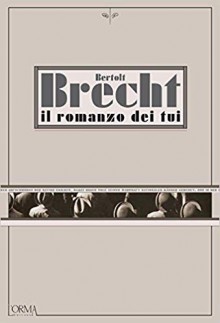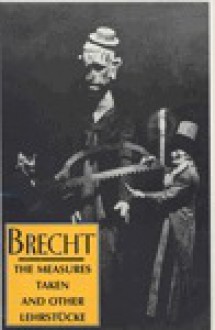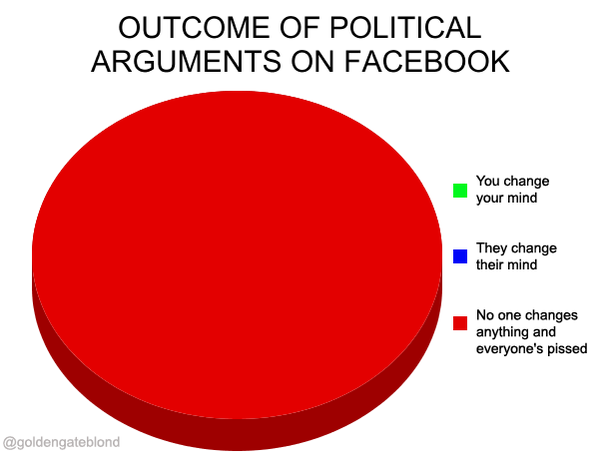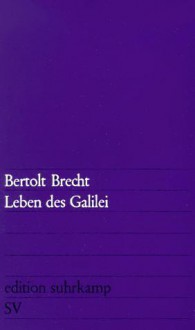
Brecht lavorò alla stesura del testo dal 1931 al 1942, mentre era in fuga dalla Germania nazista. L’opera, rimasta incompiuta, è un progetto ambizioso ideato per raccontare la storia del Reich dalla nascita dell’impero fino all’ascesa di Hitler.
Walter Benjamin, tornando da una visita fatta all’amico in esilio, il 27 settembre 1934 scriveva: “… Con Il romanzo dei tuivuole dare una panoramica enciclopedica sulle idiozie dei tellett-ual-in (gli intellettuali); a quanto pare si svolgerà per la maggior parte in Cina. Un piccolo piano di questa opera è già pronto”.
Chi è il tui (nome ottenuto dalle iniziali della distorsione di “intellettuale” in “tellett-ual-in”)? Lo spiega Brecht: “Il tui è l’intellettuale dell’epoca delle merci e dei mercati. Il noleggiatore dell’intelletto”.
Il romanzo dei tui è uno sfogo, un’invettiva contro la stoltezza e l’ipocrisia dei quegli intellettuali disposti a vendersi al miglior offerente. È un’accusa contro gli intellettuali che non riconobbero o sottovalutarono l’avvento del nazismo e che, in seguito, mancarono di avversarlo.
Fra le varie abilità dei tui l’arte del lecchinaggio ha grande rilievo. E se è vero che quasi tutti sono in grado di dare una leccata senza infamia e senza lode è altrettanto vero che l’arte del leccapiedi è qualcosa di più complesso:
“… richiede studio e allenamento. E molta disciplina. Solo con l’esercizio è possibile elevarsi dalle bassezze della leccata corriva, e soltanto quando la perseveranza lascia il posto alla fantasia si diviene veri maestri. Il complimento comune è merce dozzinale, cicaleggio meccanico senza senso né ragione, privo di ogni raffinatezza. Il lecchinaggio praticato come un’arte invece produce espressioni originali, peculiari, profondamente sentite: crea una forma. L’artista completo è duttile, poliedrico, sempre capace di sorprendere. Si studi (ne vale davvero la pena) come il grande Go-teh lodò O-leh: con riluttanza. Una lode di questo tipo ha un valore inestimabile. Davvero ingegnoso è anche travestire da biasimo un elogio. Si rimprovera un generale per l’ardimento che potrebbe strapparlo al suo esercito. All’inizio della Grande guerra i tui ringraziarono l’imperatore esprimendogli tutta la loro rispettosa compassione perché sacrificava la sua gloriosa fama di uomo di pace per assecondare i desideri bellici della nazione. Quando il maresciallo Fank Wi Heng perse la guerra lodarono la sovrana indifferenza con cui affrontò quella disgrazia.
Questo non è più dilettantismo, è già arte.
L’arte del leccapiedi è inoltre, sia detto per inciso, una delle poche che dà di che vivere. Il lecchinaggio nutre il suo discepolo.
Come ogni arte, anche questa ha la sua storia e ha conosciuto epoche di prosperità ed epoche di declino, così come una continua mutazione degli stili.”
Avranno ancora lunga vita i leccapiedi? Pare proprio di sì. Finché esisterà la saliva. Parola di Bertolt.
Scritto corrosivo, satirico, spietato.
P.S. L’elenco “Personaggi e luoghi” svela nomi fittizi e riferimenti storici. Lo stesso autore vi compare come Kin-jen.
Insomma, una penna implacabile, sotto la quale non si salva nessuno.

 Log in with Facebook
Log in with Facebook 






 One of the great anti-war plays and set amongst The Thirty Years War. From wiki:
One of the great anti-war plays and set amongst The Thirty Years War. From wiki:






